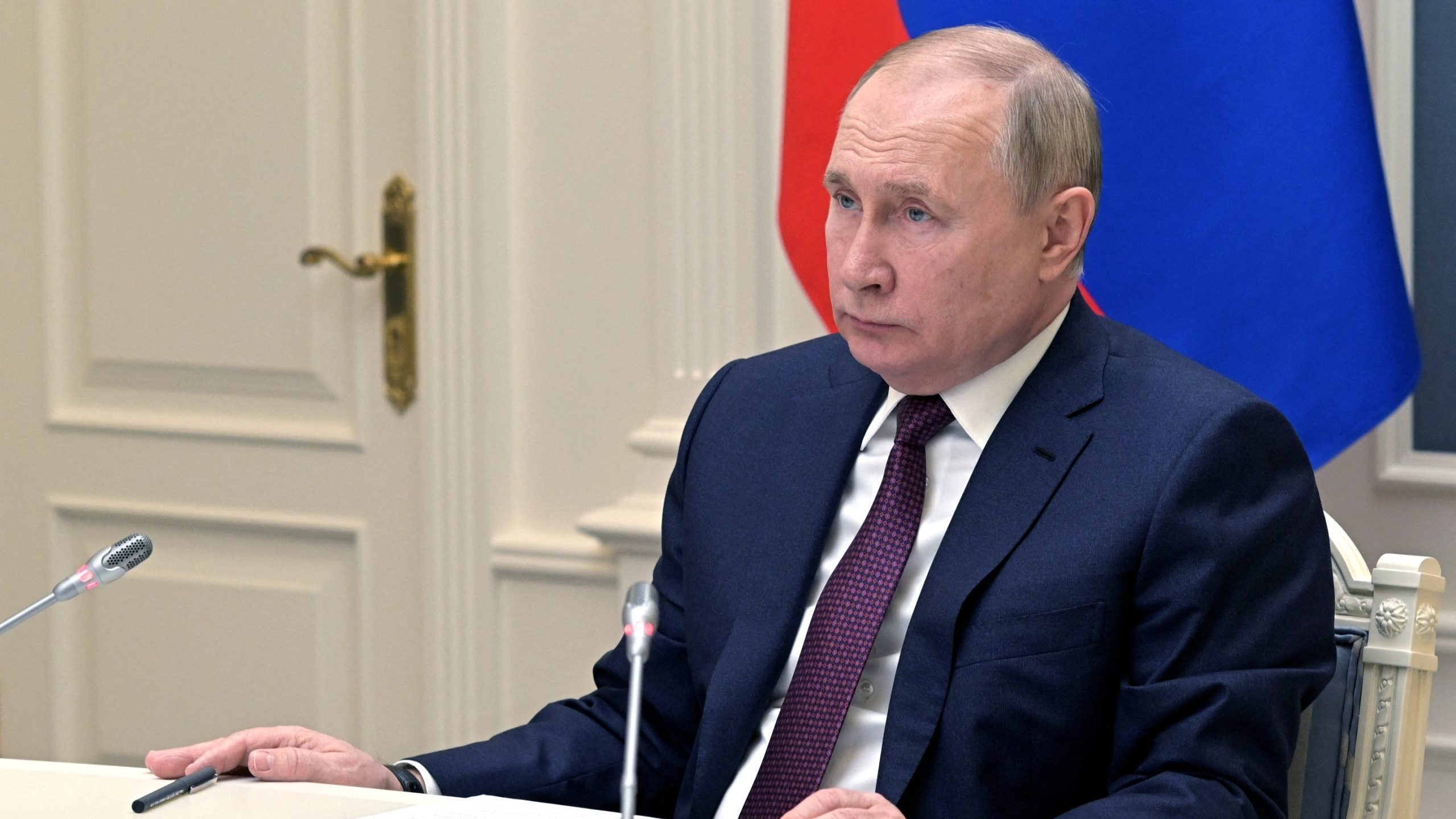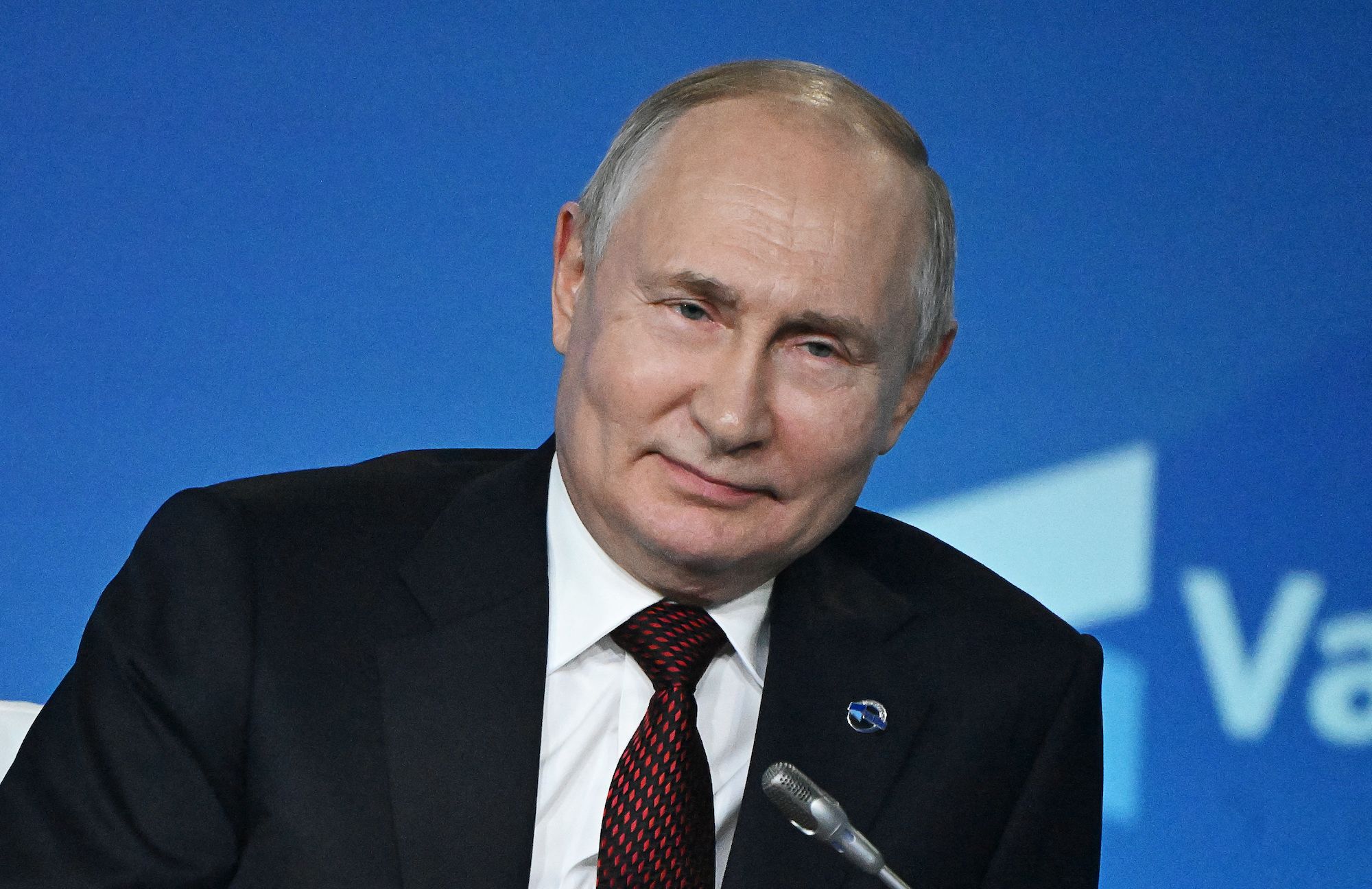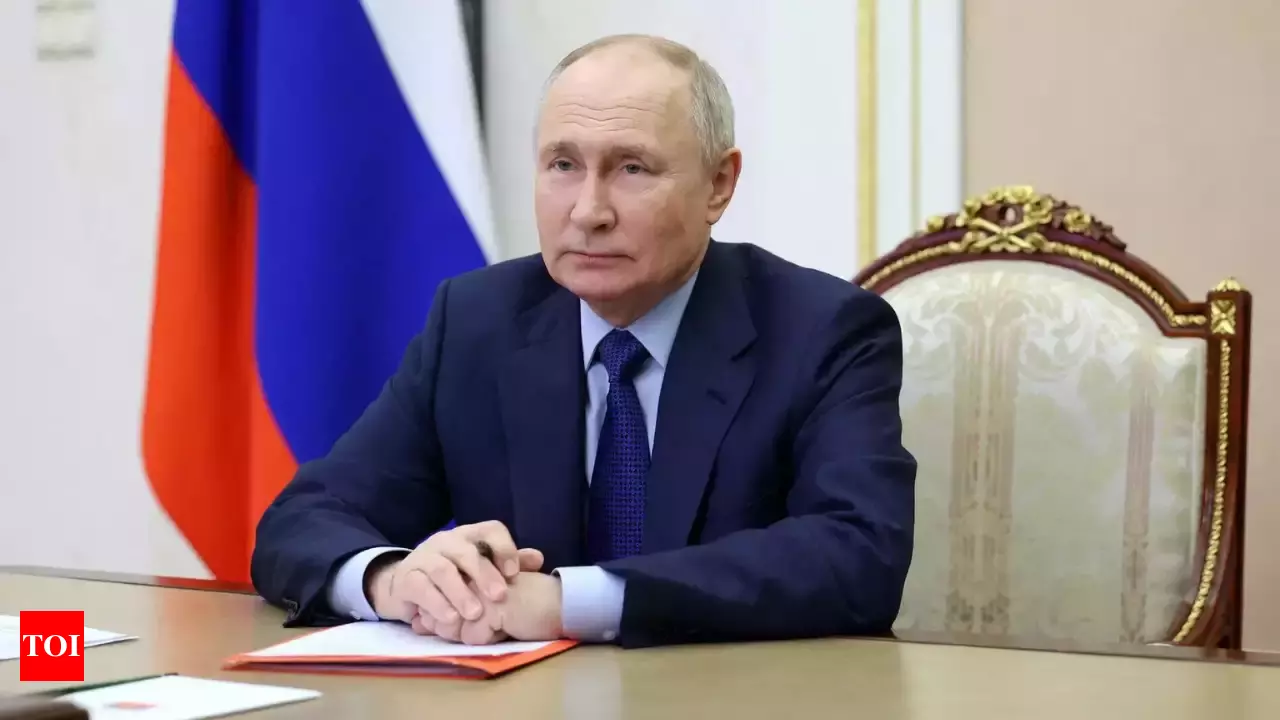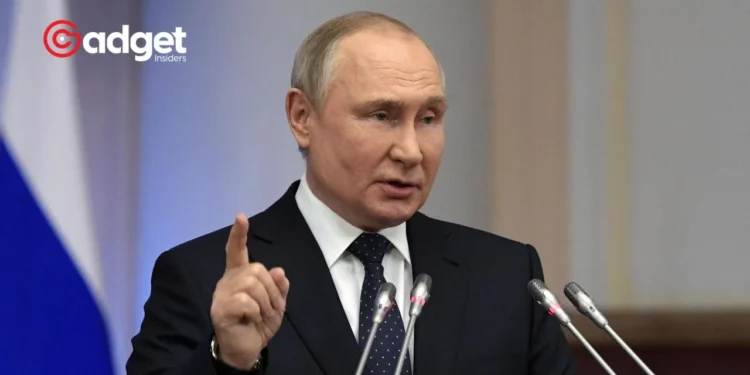In a move that echoes the space race narratives of the mid-20th century, Russian President Vladimir Putin has recently redirected significant attention and resources toward pioneering a nuclear space program.
According to an announcement by Russian state media outlet Tass, Putin has instructed the government space corporation Roscosmos and the Rosatom State Atomic Energy Corporation to ensure the allocation of funds for the development of space nuclear energy by mid-June this year.
This strategic shift towards space-based nuclear technology represents a notable development in Russia’s space policy, possibly setting the stage for a new era of space exploration and power projection.

U.S. Concerns and the Satellite Threat
The impetus for this aggressive push into nuclear space technology may be traced back to warnings from the White House earlier this year. U.S. officials have expressed concerns over Russia’s capabilities to deploy an anti-satellite space-based weapon.
Although these capabilities are reportedly not yet operational, the notion that Moscow could potentially militarize space with nuclear technologies has caused significant international unease.
A report by ABC News highlighted findings by U.S. intelligence that Russia was exploring the potential for deploying nuclear weapons in space to target satellites.
This development could threaten the assets of numerous countries and private entities that depend on satellite technology for communication, navigation, and surveillance.

Vladimir Putin: Legal and Ethical Implications
Despite these ambitious plans, the White House National Security Council spokesperson, John Kirby, emphasized that the deployment of nuclear weapons or any form of weapons of mass destruction in space would contravene a longstanding treaty.
This treaty, established in 1967 between the U.S. and the former Soviet Union, strictly prohibits the placement of such destructive technologies beyond Earth’s atmosphere.
Moreover, following Russia’s invasion of Ukraine, Putin suspended Russia’s participation in the New START treaty, the last remaining agreement with the U.S. that limited nuclear arsenals. This decision marks a significant departure from previous international arms control commitments and raises questions about the future of nuclear non-proliferation.
Putin issues orders for nuclear space program https://t.co/t07yQ26tku pic.twitter.com/IGJQf0MTf2
— Newsweek (@Newsweek) April 11, 2024
Looking to the Moon and Beyond
Further underlining Russia’s nuclear space ambitions, Tass reported that following a meeting with Russia’s Cabinet of Ministers, Putin emphasized the importance of expanding the scientific and technical base in the field of space nuclear energy.
His vision includes the placement of a nuclear power unit in space, which he described as a priority for the nation.

Adding an international dimension to these plans, the head of Roscosmos, Yuri Borisov, disclosed that Russia and China are contemplating a joint project to install a nuclear reactor on the moon by the mid-2030s. Such initiatives could redefine geopolitical dynamics and potentially kickstart a new phase in lunar exploration.
As Russia steers towards this bold nuclear-powered future in space, the world watches closely. The implications of such advancements extend beyond mere technological achievement, posing significant strategic, legal, and ethical questions.
Whether these developments will lead to a heightened arms race in space or open new avenues for international cooperation in space exploration remains to be seen.
As nations navigate these complex dynamics, the balance between competition and collaboration will undoubtedly shape the next frontier of human endeavor in outer space.










